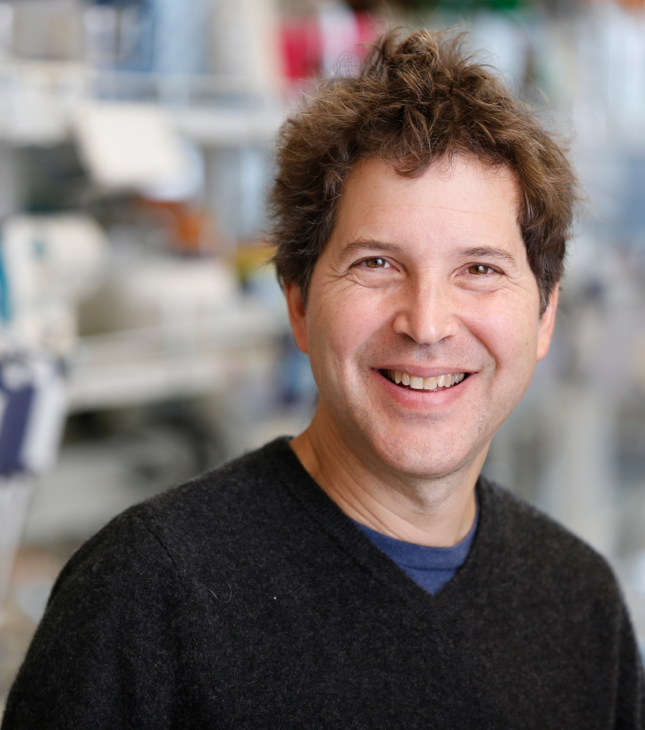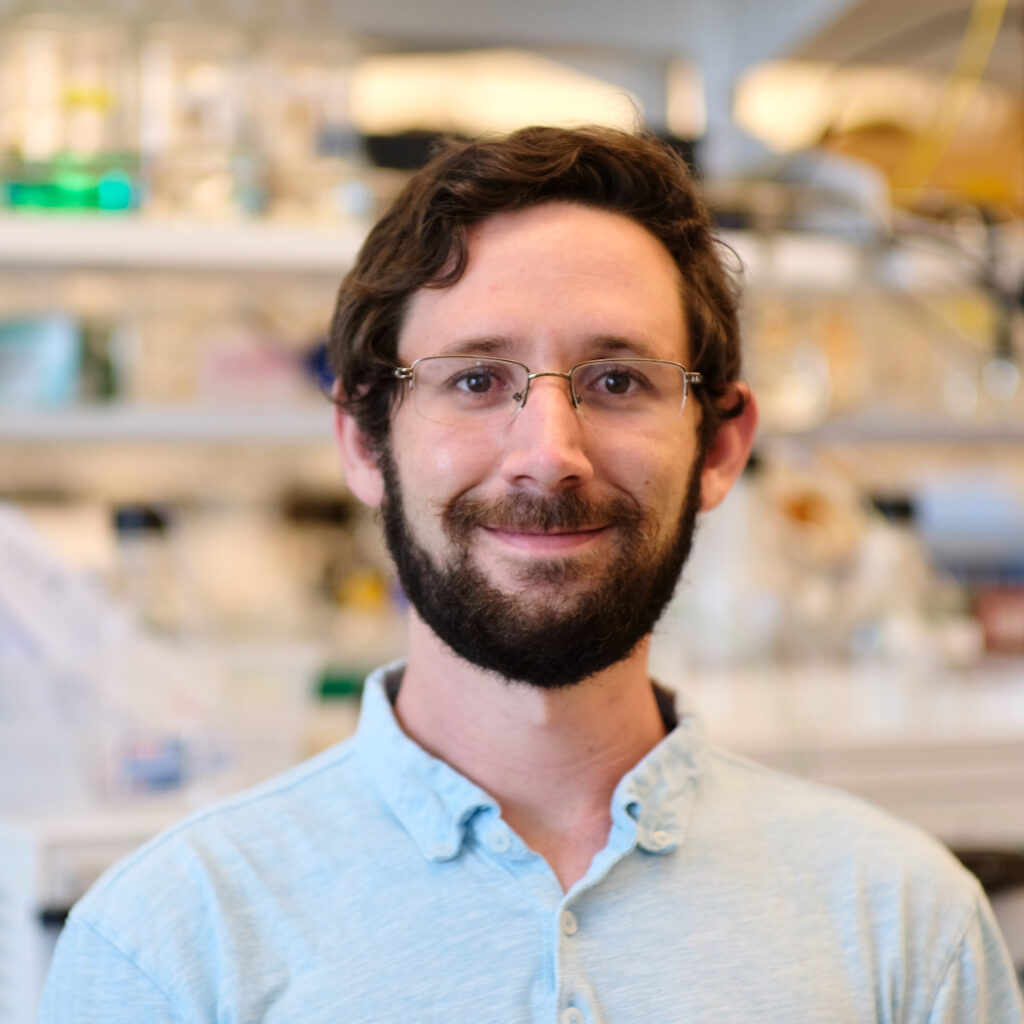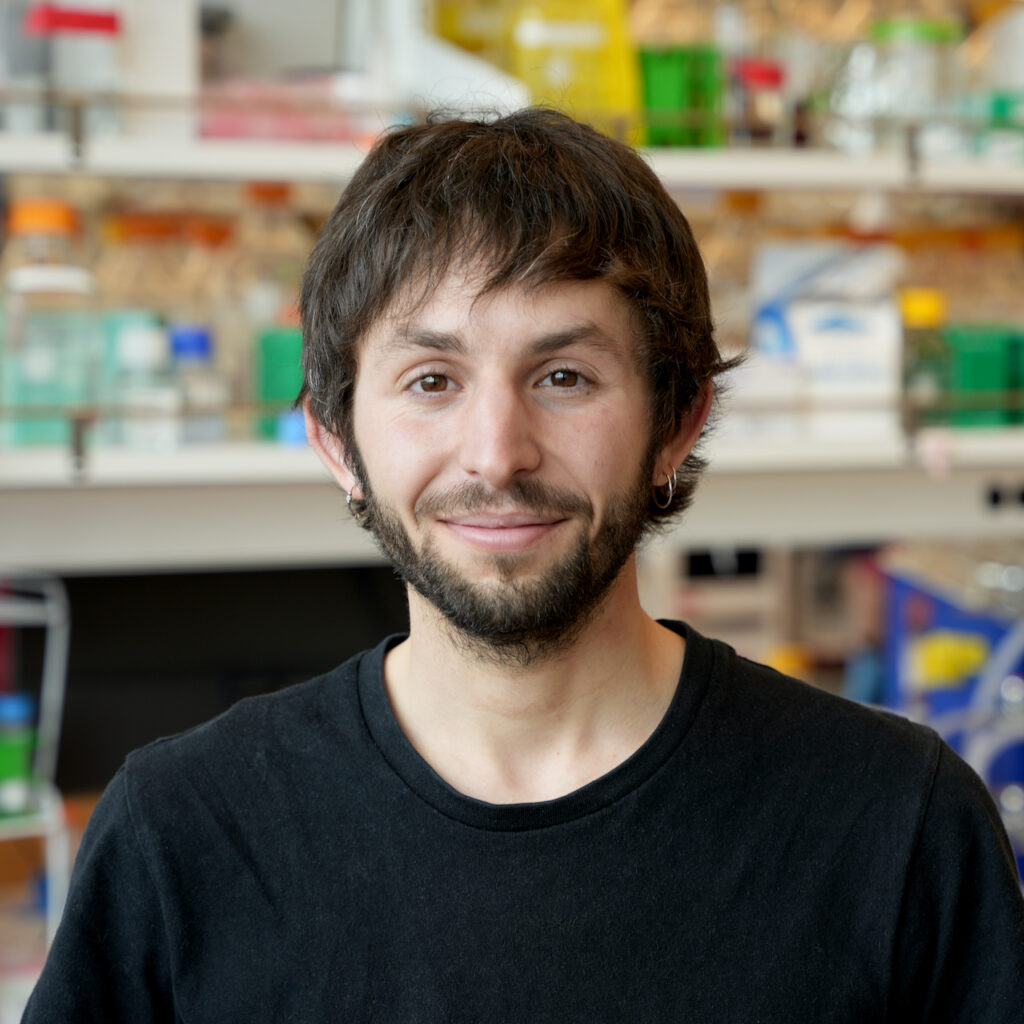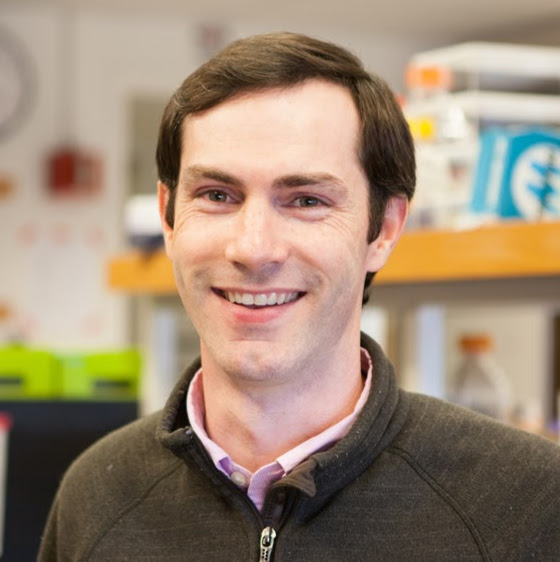
Professor Baker's research aims to predict the structures of naturally occurring biomolecules and interactions and to design new molecules with new and useful functions. Building on intial computational designs, Baker uses experiment to better understand the principles underlying catalysis and binding in order to design novel proteins and enzymes. Read More

The goal of our research is to understand how cells control the architecture of their intracellular organelle systems through the regulated self-assembly of lipid membranes and membrane-associated proteins. We employ both highly focused hypothesis tests and systems-level approaches that harness genetic, biochemical, and biophysical analytical techniques. Read More

As a doctoral student in the laboratories of David Baker in Biochemistry and Jens Gundlach in Physics, Sinduja studied synthetic biological channels for nanopore DNA sequencing and molecular diagnostics. Using de novo protein design principles, she generated diverse channel geometries and studied their ability to form pores within membranes. She also investigated the use of nanopores to study the SARS Cov-2 helicase. Sinduja is currently wrapping up projects and papers for her two labs. Read More

Andrew is a researcher in the lab of David Baker, at the Institute for Protein Design. His research focuses on the design of symmetric protein complexes to serve as scaffolds for the development of new types of medicine and nanomaterials. In his previous research experience, in academia and industry, he focused on utilizing modified bacteriophage proteins to create drug-delivery vehicles and antimicrobial agents. He holds a B.S in Chemical Biology and M.S. in Materials Science and Engineering from the University of California, Berkeley. Read More

Marc is interested in using genetic engineering and computational biology approaches to increase our understanding of biological systems and precisely engineer new biological functions. His previous research experience includes both molecular biology work to accelerate the development of rapid antigen tests for emerging viruses (Gehrke lab, MIT) and dry lab experience in using machine learning to predict the outcomes of CRISPR/Cas9 genome editing (GÃell lab, UPF). He also started a team to develop a gluten sensor for people with celiac disease, which was presented in the 2018 iGEM competition. Read More

Research interests: Protein design, protein self-assembly, protein structure, protein therapeutics, nanoparticle vaccines, and immunoengineering Read More